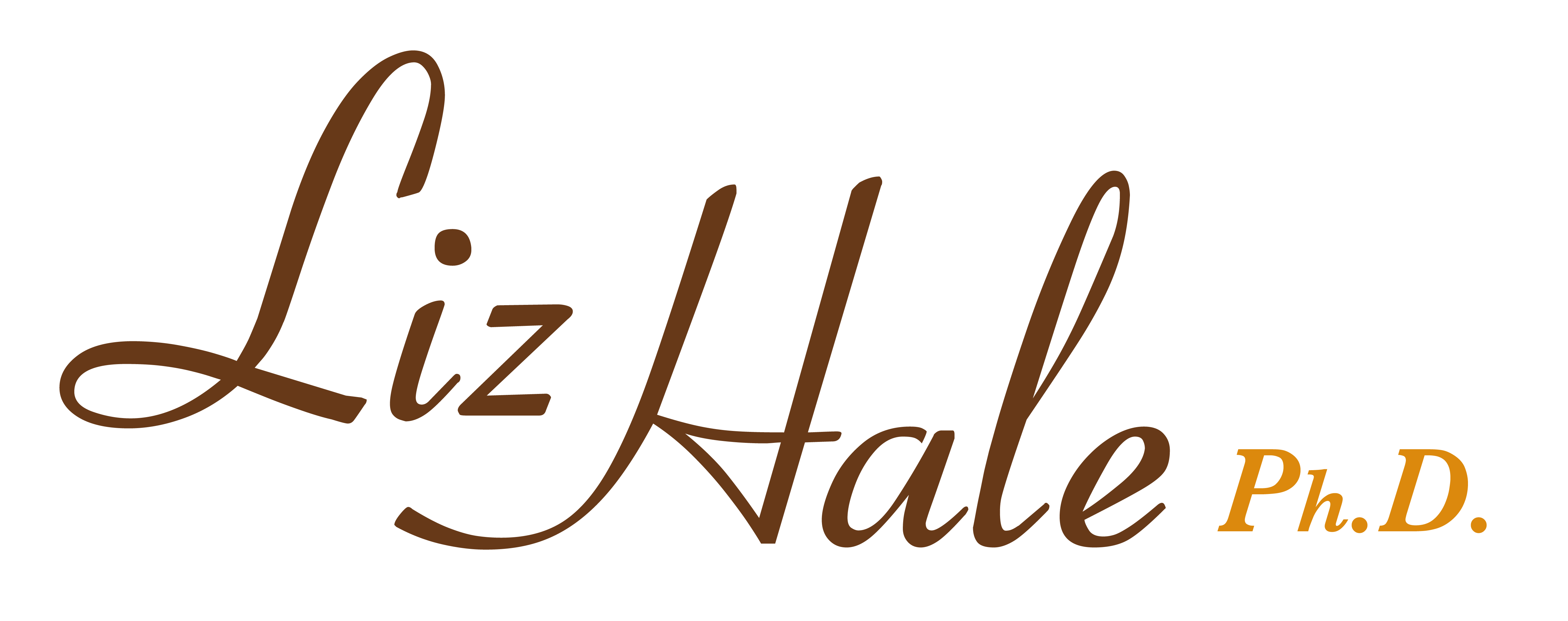Why the Silent Treatment Hurts
Feeling left out, or even being ignored, isn’t a fun experience. It feels childish, and can be hurtful. But there is much more to why the silent treatment hurts.
Ostracism or exclusion have been studied for decades. While the silent treatment may not leave physical scars it can cause pain that is deeper and lasts longer than physical injury.
Being ostracized is an invisible form of bullying but because it doesn’t leave bruises we often underestimate its impact. Being excluded by a social group, office colleagues, extended family and especially by a spouse can be excruciating!
Why is ostracism so painful?
Because it threatens our fundamental needs as human beings of belonging and esteem.
And even being ignored or ostracized by a stranger has damaging effects?
Research has found again and again that strong, harmful reactions to ostracism are possible even by a stranger.
Purdue studied 5,000 people via a computer game to show how just 2 or 3 minutes of ostracism by strangers can produce lingering negative feelings.
They set an individual up to play this seemingly innocent game on the computer with cartoon characters and a cartoon ball. They are told to just engage their mental visualization and pay attention to the experience. The researchers further said we don’t care about who’s getting the ball, or how often, we just care about your experience in playing the game. However, the experimenters DO manipulate how often the individual playing gets the ball….and it’s not very often. The effects are powerful! The participant visualizes being left out and reports a similar situation from their past, in addition to reporting lower levels of esteem and control in addition to feeling invisible and less worthy. The game is brief – 2 or 3 minutes – but it produces whopping effects.
How can it be that such a brief experience, even when being ignored and excluded by strangers with whom the individual will never have face-to-face interaction, can have such a powerful effect?
It’s part of human nature regardless of our personalities. We are wired for connection and belonging.
Just knowing the pain caused by strangers only amplifies the pain caused by our close associations with each other.
THAW YOUR COLD SHOULDER
Think about what the shoulder represents in intimate relationships. That should be one of the safest places for a partner to be: on our shoulder. Take responsibility for thawing out the ice on your shoulder. It’s just TOO painful. It’s not good practice for us to give the cold shoulder and it’s irresponsible to deliver the cold shoulder in marriage.
BEING NOTICED = FEELING LOVED
Being noticed feels like love. Make eye contact; pay attention to what your face is doing as you look at your partner. Is there a welcoming smile there? A warmth? Or a stern, annoyed look?
Every time your partner passes you in the hall at home, reach out and touch them, smile, say “Hi Love” or some term of endearment.
We need to be scene the most by those we love the most.
BEING KNOWN = FEELING LOVED
I worked with a couple the other night who went round and round about this issue. The husband insisted that since his wife didn’t often inquire about his day than she obviously didn’t love him. He would say things like, “You don’t ask me questions about my day; you don’t really care about my work. You don’t really love me.”
Well, that made her crazy defensive and she said “But I do love you! How can I ever prove that to you?” She eventually admitted that since she doesn’t understand his technical work so she had no interest in asking him about his work because it would go right over her head.
Don’t leave each other in the morning without knowing one thing that your partner will be involved in that day so that upon your reunion you can ask about them about it.
Perhaps that one thing in your partner’s day is an important meeting, a new place for lunch, a doctor appointment, car pools or laundry. Remember to inquire upon your reunion.
How do people as a whole cope with being excluded?
It varies. Often times we don’t cope very well to the pain. And remember that physical and emotional pain register in the exact same rea in the brain. The brain doesn’t know the difference. What do people do when they hurt physically? They drink, drug, feel depressed and even helpless. The same outcome occurs when one is in emotional pain. When a person feels ostracized they feel out of control and there is often a propensity towards violence and aggression in order to restore that control.
A better way?
PRACTICE MINDFULNESS
Attend to the things that build you; focusing on a Diety, others that DO care, a prayer or mantra, comfort food, a pet, self-affirmations, and other distractions.
COOL DOWN
From the cold shoulder to the cool down, it’s important to distinguish the difference between a silent treatment and a cool down after a heated exchange. When you are physiologically flooded you can’t think straight or even being to listen to your partner’s strong feelings and emotions. Take a time out. It takes 20 minutes to be physiologically soothed. During your break, do not focus on what you’re going to say when you return to the ring. Read a book. Take a bath. Go for a walk. Hit the mall or the gym. Calm yourself down so you are prepared to speak and listen about the moment at hand.
Now that you know more about why the silent treatment hurts so much, maybe think more about how to stop this treatment in your relationship next time you start to shut down.
